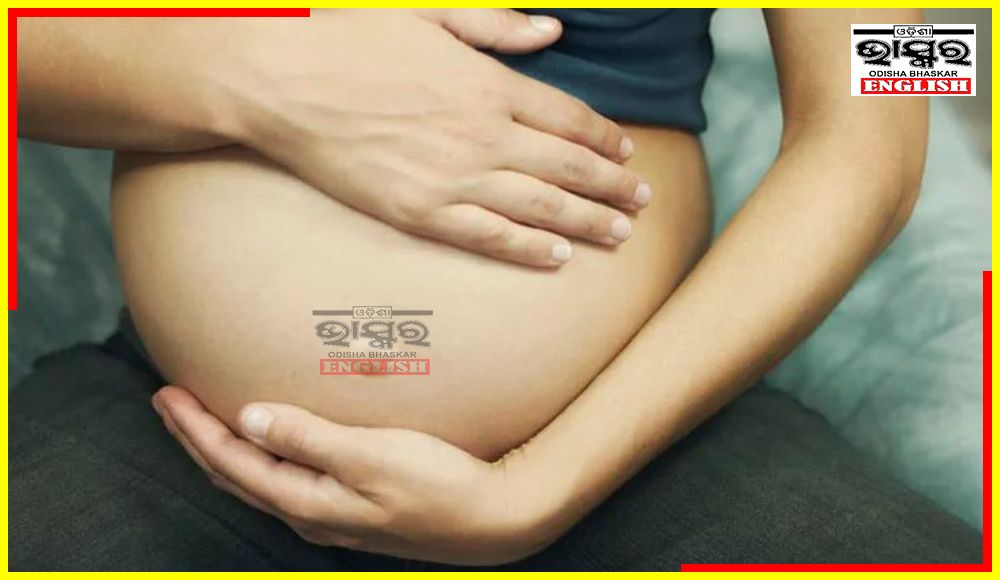A groundbreaking study has revealed a significant correlation between heatwaves and an increase in premature births. Conducted by researchers, including those from the University of Nevada, the study examined 5.3 crore births across the 50 largest metropolitan areas in the US over a span of 25 years (1993-2017).
A heatwave, defined as a period of exceptionally high temperatures relative to the regional norm, was found to impact birth timings. The study, published in The Journal of American Medical Association (JAMA) Network Open, discovered that preterm births (before 37 weeks) increased by 2%, and early-term births (37-39 weeks) increased by 1% after a four-day heatwave where temperatures were among the highest 2.5% for that area.
Key findings include:
– A 1% increase in preterm and early-term births for each 1°C rise above the heat threshold.
– Greater impacts on women under 30, with lower education levels, and belonging to minority groups.
– The most pronounced effects observed with longer and more intense heatwaves.
This extensive analysis used data from the National Center for Health Statistics (NCHS) and the CDC, covering roughly half of all US births during the study period. The results underscore the unequal distribution of heatwave effects among different population subgroups, particularly those with lower socioeconomic status.
This study provides robust population-level evidence linking extreme heat to adverse perinatal outcomes, highlighting significant implications for public health.




Comments are closed.